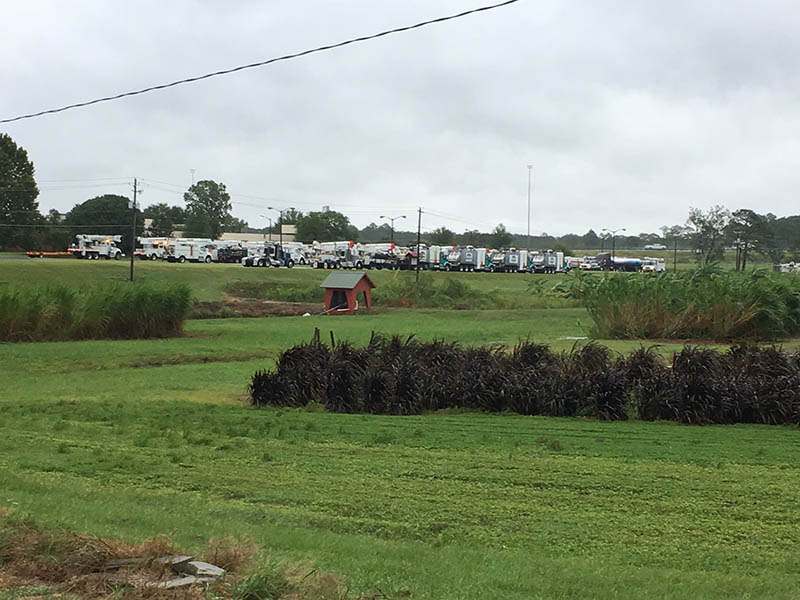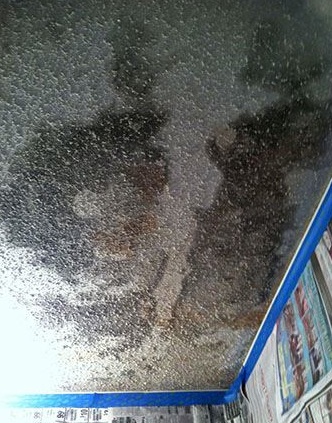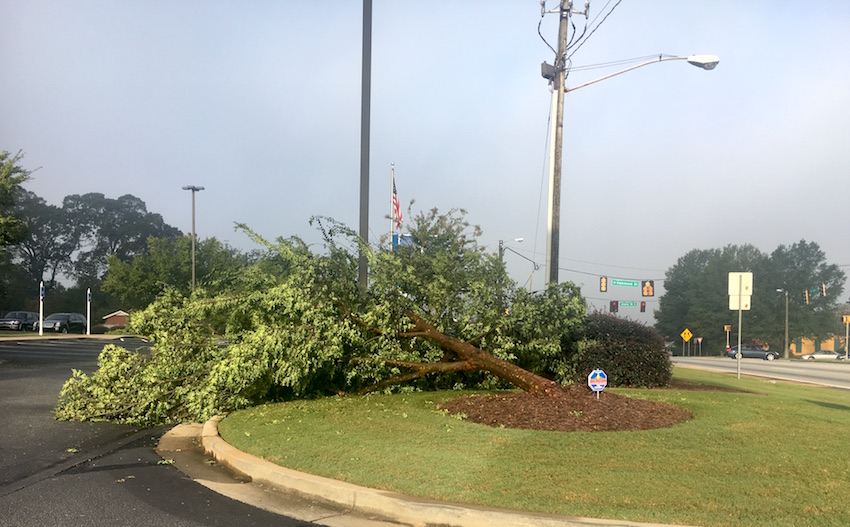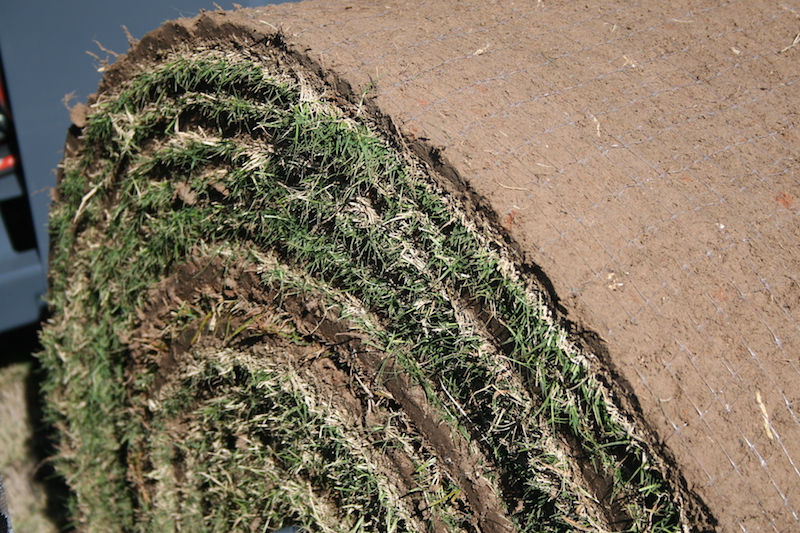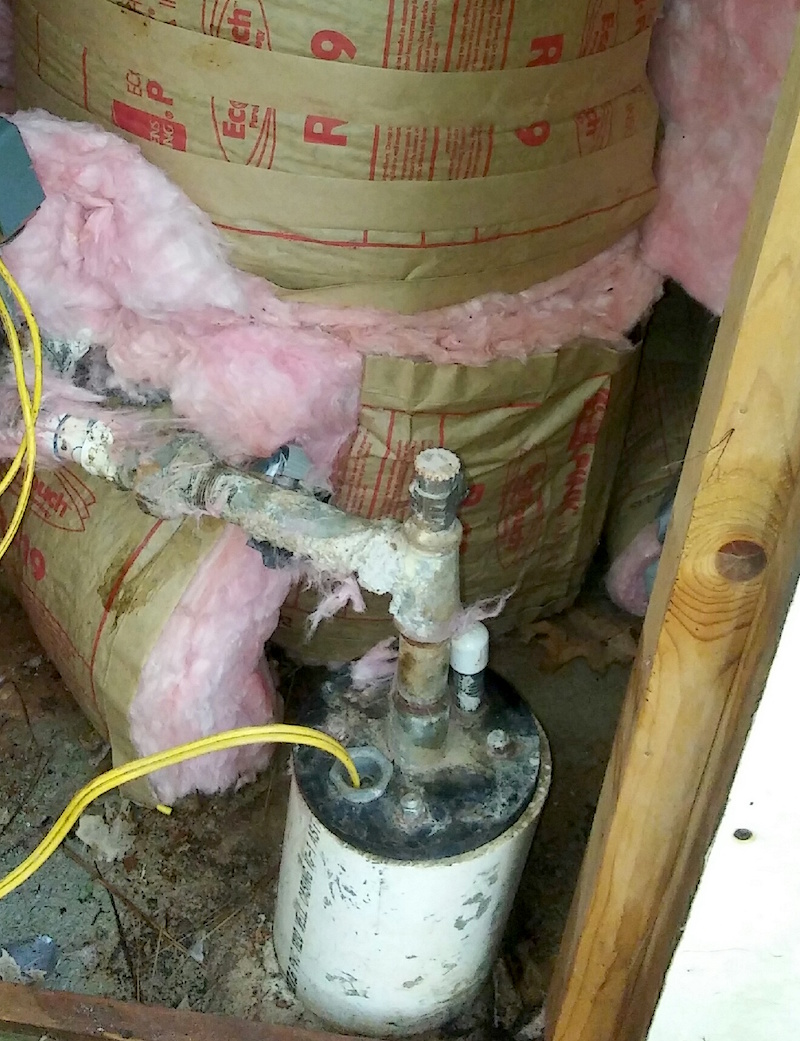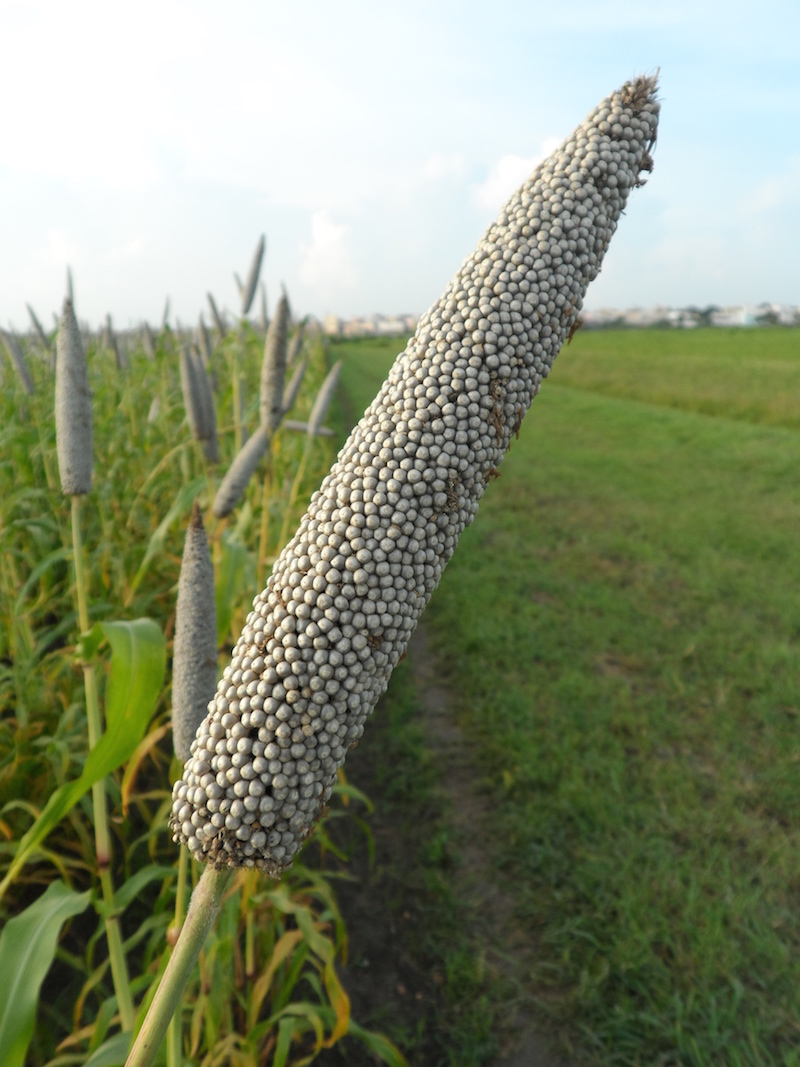 CAES News
CAES News
Resilient Pearl Millet
As farmers around the world battle extreme drought and other climate events, researchers turn to pearl millet to find ways to make other grains more resilient to climate change. A global team of 65 scientists, including nine from the University of Georgia, have decoded some of the secrets to the crop’s coping strategies.

